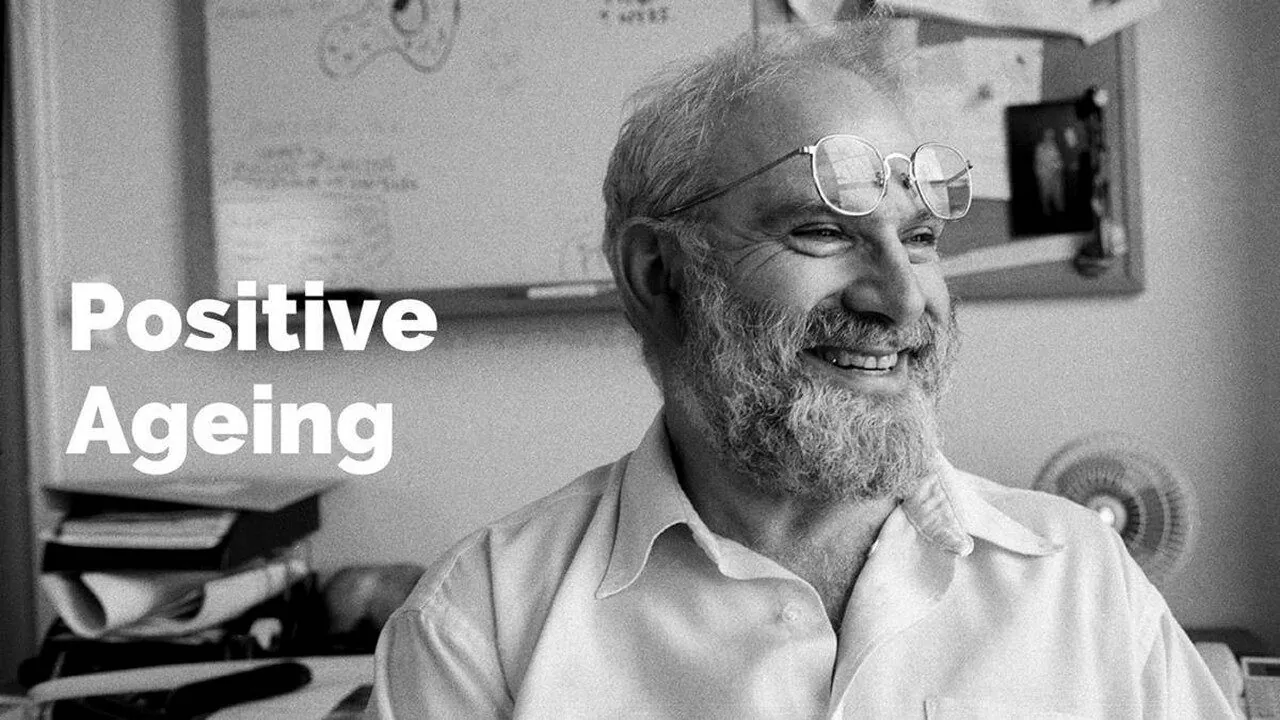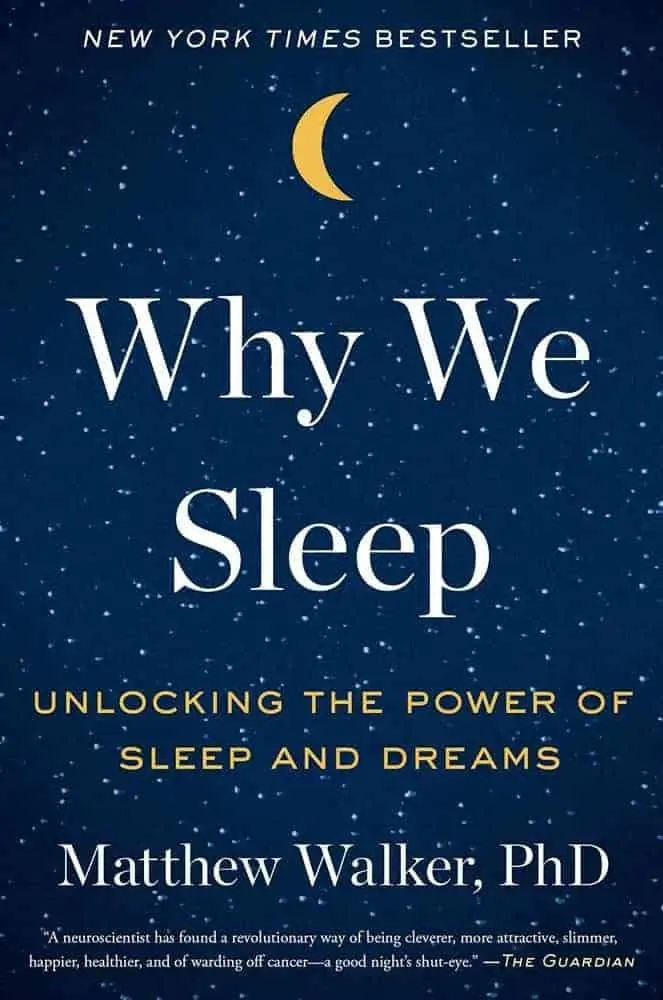Reading time: 12 minutes
“If you sleep better, you can certainly live better.” – Raymonde Jean, Associate Director of Critical Care at Mount Sinai Roosevelt Hospital
Our bodies scream in pain the next day if we don’t get a good night’s sleep. But as another night arrives, we repeat the same practice of sacrificing sleep in order to gain hours of productivity.
Sleep, as we all know, refreshes our minds and recharges our batteries. What are its other benefits that you may not know of?
- Proper sleep can save us from dying early.
- Sleep maintains and repairs our emotional health.
- Sleep helps reduce inflammation and manage weight better.
There is more. Read on.
10 Health Benefits of Sleep, From Research
A full night’s sleep is necessary for all of us.
With long periods of less sleep, we tend to eat more food more often and are more likely to have a higher body mass index and become diabetic.
Now, look at these excellent reasons why it makes sense for all of us to have a good sleep every night.

1. Sleep Increases Life Span
If you sleep less, you are more likely to live less. Those who can catch at least 7 to 8 hours of sleep each night have a much better chance of living longer.
For one, during sleep, our body’s old and unfit cells are removed through a process called autophagy.
Autophagy is the body’s naturally controlled mechanism that removes and recycles the non-working parts of a cell. Scientists say it can increase our longevity.
A good sleeping habit is helpful in the proper functioning of our immune system. By sleeping well, we can fight infections and diseases well.
Research indicates that continuous loss of sleep can reduce the production of interleukin-6 (IL-6)—a cytokine that mounts the body’s immune system to fight viral infections—and lead to decreased immunity (Redwine, Haugar, et al., 2000).
A 2007 study that followed 21,000 twins over 22 years concluded sleep behavior (mostly sleep length) was linked closely to mortality, even though the exact mechanisms were unclear.
A full night’s sleep can also save us from dying (and getting disabled) from accidents. Less sleep makes us drowsy. As a result, we tend to go into micro-sleeps while driving and get into accidents.
Research by Brian Tefft from the AAA Foundation for Traffic Safety reveals a person’s risk of getting in a car crash goes up to 4.3 times when they are driving with 4 to 5 hours of sleep, as compared to those who slept for 7 hours or more during the last 24 hours.
That risk rises to 11.5 when they go with less than 4 hours of sleep (Tefft, BC., 2017, June. Rates of Motor Vehicle Crashes, Injuries, and Deaths in Relation to Driver Age, United States.
2. Sleep Improves Memory
Memory gets stabilized and strengthened by nightly sleep, and even during daytime naps, the scientists tell us.
Regular, proper sleep helps the brain put together events during the day and ensures they get stored as long-term memories. Scientists call this process memory consolidation. It especially helps children retain what they learn at school.
Sleep deprivation, on the flip side, can weaken our working memory.
Research by Casement found that when people were asked to recognize digits displayed on a screen by typing them on a keypad, the typing speed of those who were allowed only hours of sleep was 58% slower than those who had full eight hours of sleep.
Reviews of research suggest sleep is particularly important in improving brain function, encoding, and consolidation of memory, and promoting neuroplasticity, which supports learning and memory by forming new and lasting connections within the brain (Walker and Stickgold, 2006).
3. Sleep Improves Attention & Memory
Those who go to school without proper sleep, experience a noticeable drop in their attention and concentration.
According to research published in the journal Experimental Brain Research, lack of sleep and a relative increase in the time spent awake burdens the brain’s attention system.
Our ability to divide attention between multiple tasks gets worse without sleep.
This study found when healthy males aged 21 to 30 years were kept awake continuously for 40 hours, their performance on all tasks deteriorated.
And this study found that lack of sleep reduces visual attention span. When 26 volunteers aged around 25 years were required to stay awake for 18 hours, their scores on Attention Network Test (ANT) fell significantly.
Lack of sleep could also impact short-term memory, and especially children who get less than 8 hours of daily sleep perform poorly in their academics due to this.

4. Sleep Reduces Stress
Stress and sleep have a two-way relationship.—each affects the other. Stress can make sleeping difficult, and less sleep can increase stress levels.
And we find it easy to fall asleep when we feel relaxed with our stresses under control. Moreover, a night of restful sleep can bring down the effects of stress.
Chronic stress is a killer and a silent one at that. Stress due to work pressures and divorces is a major risk factor for serious illnesses like depression, suicide, high blood pressure, and all-cause mortality.
Sleep is an indispensable tool for keeping the disastrous effects of stress away.
An analysis of 63 studies on how stress affected sleep found that stress increases awakenings, and decreases slow-wave sleep, REM (dream phase) sleep, and sleep efficiency.
Less sleep increases blood pressure, increases evening cortisol and insulin levels, and is a chronic stressor. Loss of sleep also weakens our ability to cope with stress. A regular full night’s sleep helps us relax and keep our stress levels under check.
When we are in distress, sleep is not only hard to come by, but even when we fall asleep, stress can make our sleep fractured and disturbed.
Stress also makes it difficult to go back to sleep once we wake up in between our sleep cycles. The reduction of our stress levels is perhaps one of the best health benefits of sleep.
5. Sleep Reduces Risk of Depression
First, depression is not a condition that one can simply make go away by willpower alone.
Rather, it is a serious disorder with persistent feelings of sadness, apathy, hopelessness, tearfulness, and thoughts of self-harm that need medical and psychological treatment.
Depression can happen at work, even when the person is seemingly performing well in his job.
- Depression has a complex relationship with sleep. Depression can make one oversleep, or it can make a person sleep too little.
- On the flip side, sleep problems can be a forerunner to depression. There is evidence insomniacs are at a tenfold risk of developing depression compared with those who sleep well.
While genetics may predict higher degrees of depression, practically all of us may be predisposed to depression.
Though clinical therapy is the first and best option, scientists believe regular sleep can help bring down the risk of depression.
6. Sleep Helps In Better Weight Management
Improving your sleep can be a vital tool to maintain your weight. But how many of us know about the health benefits of sleep?
Studies show subjects who sleep less than six hours a night are more likely to have a higher than average body mass index (BMI). In comparison, those who sleep eight hours each night have the lowest BMI.
Habitual lack of a full 8-hour sleep could lead to unwanted weight gain. Loss of sleep over long periods increases our stress hormone—cortisol. Cortisol is known to cause fluid retention and inhibition of fat burning.
Poor quality sleep may also lead to food cravings after a full meal because it increases the secretion of ghrelin—the hunger hormone. It also lowers the amount of leptin (a hormone that tells us we are full after a meal).
Research has also shown adults who sleep less than 5 hours a night have an increased risk of developing Type 2 Diabetes.
7. Sleep Helps In Muscle Building
While regular gym sessions can help in muscle building, actual muscle growth happens when the body is at rest, such as when you sleep.
Your weight training at the gym seems to break down your muscle fibers. Now, the actual rebuilding and repair of those sore muscles take place when you sleep.
The mechanism behind it seems to be this: Our body releases copious amounts of natural growth hormone during sleep, and it is this hormone that stimulates muscle recovery and regeneration.
Sleep also improves testosterone levels. Testosterone is the key male hormone controlling fertility, bone and muscle mass, and fat distribution.
Testosterone is responsible for increased muscle mass. Low testosterone can be the reason behind low energy, reduced libido, poor concentration, and fatigue.
Testosterone increases muscle mass by increasing muscle protein synthesis. For men with low testosterone, treatment can decrease fat mass and increase muscle size, libido, and strength.
Eight hours of regular sleep could help increase the production of testosterone.
A study found men with less than 5 hours of sleep a night for one week had significantly lower levels of testosterone when compared to those having full 8-hour sleep.
]Does your bed partner snore? Snoring is mostly because of weak throat muscles. Check out these 11 Snoring Remedies. (The last one is surprisingly easy and effective).]
8. Sleep Improves Heart Health
Research studies show people who have the habit of sleeping for 8 hours daily each night are less likely to suffer from strokes or heart attacks.
Sleep helps keep blood pressure within the normal range and the heart under less stress while pumping blood.
A statement from the American Heart Association linked a pattern of irregular or insufficient sleep to a bunch of risks to our heart health, including obesity, high blood pressure, diabetes, and coronary artery disease.
The risk of dying from CHD (coronary heart disease) is much higher in those who get less than seven hours or over nine hours of sleep.
9. Sleep Reduces Inflammation
This one is perhaps the ‘most unknown’ health benefit of sleep.
Scientists have discovered inflammation to be at the core of our sleep regulation. They found our body’s inflammation often increases when we have sleep disorders such as insomnia, sleep apnea, and restless leg syndrome.
Mark R. Zielinski and his team found when we have acute sleep loss, the pro-inflammatory molecules in the brain are more in numbers.
No doubt we consider sleep as one of the potent, natural anti-inflammatory solutions.
Regular, full sleep can thwart the risk of heart disease, diabetes, arthritis, and premature aging, via a reduction of inflammation.
It helps to reduce the production of C-reactive protein (CRP) which helps inflammation. You can feel this health benefit of sleep within a week of getting 8 hours of daily sleep.
10. Sleep Slows Down Ageing
Proper and regular sleep also delays the aging process and adds years to life through well-studied processes.
Regular and proper sleep helps reduce the signs of aging — especially on our skin.
Research by Diego Mazzotti and his team suggests that “disrupted sleep-wake cycle and chronic sleep restriction, highly prevalent conditions in modern society, are strongly associated with age-related diseases.”
They conclude that people who live till very old age (80 or more years) have strictly regular sleep patterns.
Of course, we must keep in mind that with age, our sleep quality declines. For more on this, read this engrossing article published in 2017 in the journal Neuron: Sleep and Human Aging.
How Does Sleep Benefit The Body?
Sleep replenishes energy levels, enhances cognitive functions like memory and attention, reduces the likelihood of stress and depression, facilitates muscle development, and helps weight management.
Also, it reduces inflammation, boosts testosterone levels, and improves heart health. Furthermore, sleep can slow the aging process and prolong lifespan.
How much sleep is good for your health?
Most healthy adults require 7 to 8 hours of sleep every twenty-four hours for optimal functioning during the waking hours. Children, including teenagers, need more sleep. Older people might require a little less sleep.
An analysis of studies with over 1.3 million participants found that both short-duration (less than 7 hours) and long-duration habitual sleep (more than 8 hours) were linked to a higher risk of death (Cappuccio et al., 2010).

Daniel Gartenberg, a sleep scientist and assistant adjunct professor at Penn State, says sleep can be more important to your health and productivity than diet and exercise. He goes further to say we might need more than eight hours of sleep:
“In order to get a healthy eight hours of sleep, which is the amount that many people need, you need to be in bed for 8.5 hours. The standard in the literature is that healthy sleepers spend more than 90% of their time in bed asleep, so if you’re in bed for eight hours, a healthy sleeper might actually sleep for only about 7.2 hours.”
Research says the best way you can draw maximum benefit from sleep is to go to bed and get up at the same time every day.
Harvard researchers found irregular sleep patterns cause a delayed circadian rhythm, and are linked to poor performance and productivity.
For best results especially in terms of academic performance, therefore, you better have a steady sleep schedule. (Phillips, et al. 2017)
Check out these six best science-backed sleep hacks.
Final Words
So, what are the 10 benefits of rest and sleep in your body?
Sleep is essential for regenerative and restorative functions of the body and mind. It is no longer debatable whether we can cut down on a full night’s sleep and still hope to remain healthy.
It is also no good to think we can sleep less during the week and then play catch-up on the weekends with those lost hours. All research points in the opposite direction, as we saw above.
Let’s close this with an interesting bit of knowledge: Do you know how sleep scientists measure sleep?
Using electroencephalogram polysomnography. It records brain waves, blood-oxygen level, heart rate, breathing rate, eyeball rolling, and leg movements.
Further reading:
Why We Sleep by Matthew Walker explores the reasons we need sleep:
• • •
Author Bios: Kate Riley wrote an earlier, shorter version of this article. Rewritten, edited, and reviewed by Sandip Roy — medical doctor, psychology writer, and happiness researcher.
√ If you liked it, please spread the word.
